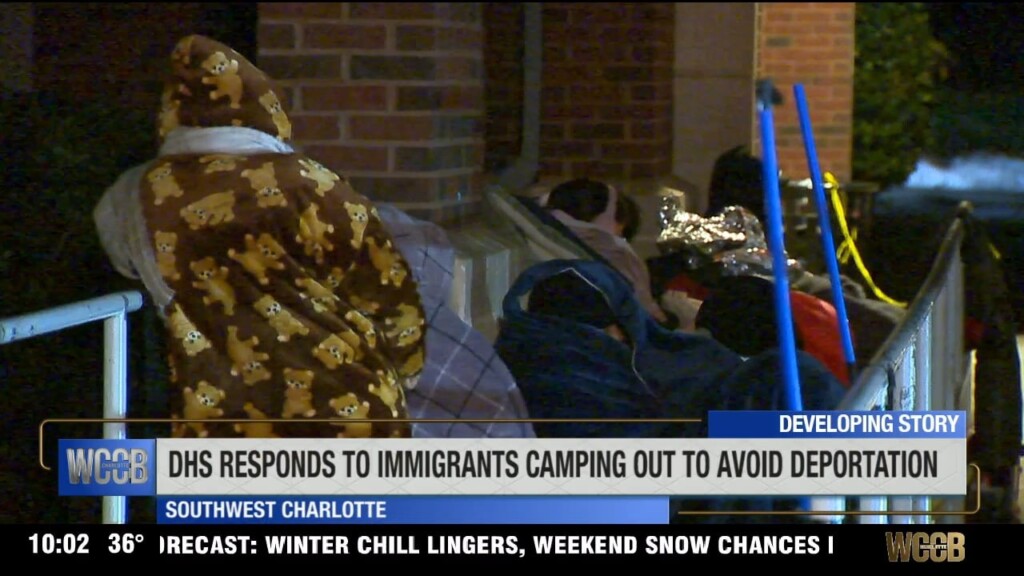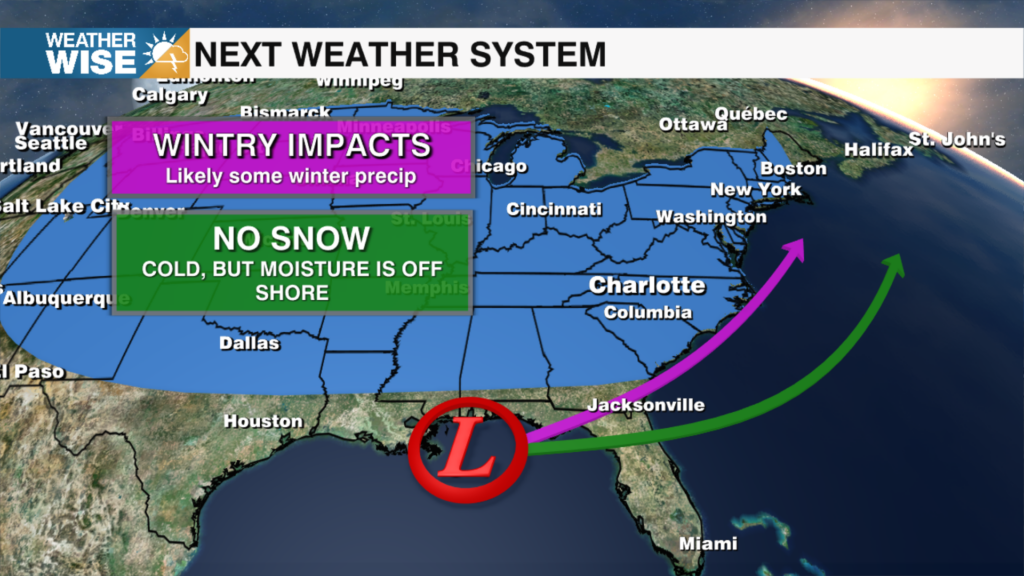New Breast Cancer Screening Guidelines Cause Controversy
CHARLOTTE, N.C.— New guidelines by the American Cancer Society could mean major changes to when women get mammograms.
The new guidelines raise the recommended age of women getting mammograms to 45. Some survivors and advocates we talked to say it’s a step backwards in the fight against breast cancer.
“This is establishing a new baseline. At a minimum, you survive, but I live. My motto is to thrive. I’m a warrior,” says breast cancer survivor Candice Broadie.
Candice Broadie did not have a history of cancer in her family, but began mammogram screenings at the age of 40, based on past recommendations by the American Cancer Society.
“My biggest concern is that when you think about the population of women who are now under the age of 40 who are being diagnosed with breast cancer at an alarming rate, it really concerns me,” says Broadie.
Tuesday, the ACS raised the age from 40 to 45.
“If she starts screening at the age of 40, she increases dramatically the lifetime risk that she’s going to have a false positive result, that she’s going to get a breast biopsy that turns out with the doctor saying, ‘You don’t have cancer, sorry we put you through all of this,'” says Dr. Otis Brawley of the American Cancer Society.
Broadie says if she would’ve waited, her outcome could’ve been different.
“I was diagnosed at 46. That was based on the baseline mammograms that had been established when I was 40,” says Broadie.
And with those new guidelines, Susan G. Komen Charlotte has come out with a statement of their own: they believe mammograms are important, but they believe it should be up to the individual and their medical provider.
Insurance is also a concern. Some plans may not cover early screenings.
“Unfortunately when things come out like this, it could impact how insurance companies handle these things,” says Lynda Bell Anello, the Director of Marketing for Susan G. Komen Charlotte.
Candice says that’s what saved her life. “My concern would be if my baseline wasn’t established until I was 45, what would the outcome had been at 46 getting diagnosed with breast cancer,” said Broadie.



